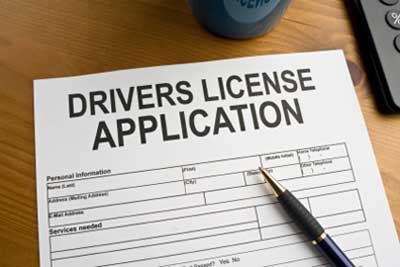
In 2009, three car buyers sued the lawyers – Michael Spears, Gedney Howe, Richard Harpootlian and Camden Lewis, of violating the federal privacy law by using their personal information for mass solicitation. The lawyers obtained the personal details of the car buyers, including names, addresses, and car purchase information, from the state DMV through freedom of information requests. Then the lawyers used the information in their mailings to potential plaintiffs. Allegedly, the lawyers obtained the personal information of car purchasers while planning lawsuits against car dealers over unfair business practices.
However, the 4th US Circuit Court of Appeals ruled in the matter that the actions of the lawyers were covered by the “litigation exception” to the Driver's Privacy Protection Act. According to the “litigation exception” in the DPPA, release and use of private information for an investigation in anticipation of litigation is acceptable. However, whether information so obtained can be used for mass solicitation of plaintiffs is unclear.
The 4th US Circuit Court of Appeals decided in favor of the lawyers finding that the lawyers had already been contacted by potential plaintiffs, and that they were not “trolling” for clients.
However, the car buyers argued that the 4th Circuit decision had expanded the “litigation exception” in contradiction to rules by other federal appeals courts which allow the “litigation exception” to discover evidence or witnesses in existing cases, but not for soliciting clients for a new case.
The case is Maracich v. Spears, U.S. Supreme Court, No. 12-25.

